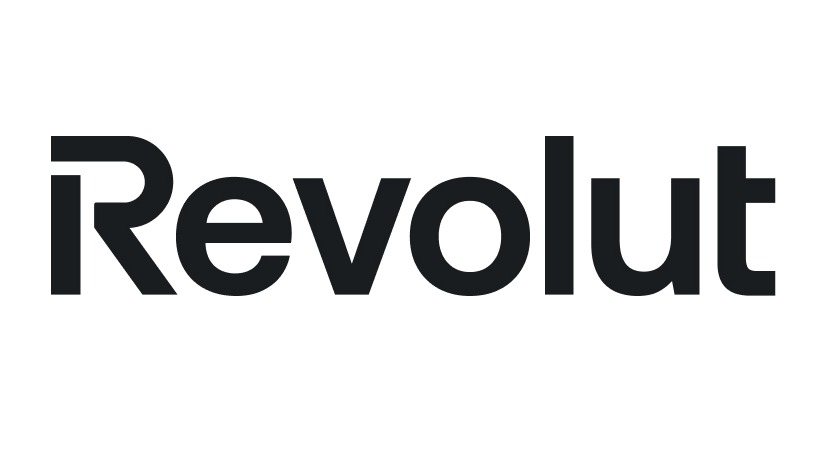Citi has partnered with Mastercard to enable its customers to make cross-border payments using only Mastercard debit card details.
Citi, which says it is the first global bank to offer the service, will utilise the bank’s WorldLink Payment Services, which support over 135 currencies.
The service will also use Mastercard Move, a digital payments platform.
Citi customers will be able to make cross-border payments from around 65 countries to 14 markets including Croatia, Denmark, Peru, Singapore, Turkey and the UK.
The bank added that it has plans to expand the service to further Mastercard-approved markets.
The service has a number of use cases, including insurance payouts, airline refunds, on-demand payments to freelance and gig-economy workers and refunds to customers.
“As the global economy has become increasingly digital, our continued investment in the future of cross-border payments helps us drive innovation at scale for our clients,” said Debopama Sen, head of payments, Citi Services. “This collaboration builds on our longstanding relationship with Mastercard and leverages the strength of our global proprietary network combined with other leading digital wallet and card capabilities to enable our clients to make cross-border payments as though there are no borders, no currencies, no constraints.”
Earlier this week, Citi announced it had gone live with a set of “next-generation” banking services powered by distributed ledger technology (DLT) and smart contracts.
Citi Token Services for Cash, which facilitates multimillion dollar transactions for the bank’s institutional customers, moved from a pilot to a live commercial solution after the technology was trialled in partnership with shipping agents CB Fenton and GAC Panama Shipping.
Latest News
-
Gemini to cut quarter of workforce and exit UK, EU and Australia as crypto slump forces retrenchment
-
Bank ABC’s mobile-only ila bank migrates to core banking platform
-
Visa launches platform to accelerate small business growth in US
-
NatWest to expand Accelerator programme to 50,000 members in 2026
-
BBVA joins European stablecoin coalition
-
eToro partners with Amundi to launch equity portfolio with exposure to ‘megatrends’
Creating value together: Strategic partnerships in the age of GCCs
As Global Capability Centres reshape the financial services landscape, one question stands out: how do leading banks balance in-house innovation with strategic partnerships to drive real transformation?
Data trust in the AI era: Building customer confidence through responsible banking
In the second episode of FStech’s three-part video podcast series sponsored by HCLTech, Sudip Lahiri, Executive Vice President & Head of Financial Services for Europe & UKI at HCLTech examines the critical relationship between data trust, transparency, and responsible AI implementation in financial services.
Banking's GenAI evolution: Beyond the hype, building the future
In the first episode of a three-part video podcast series sponsored by HCLTech, Sudip Lahiri, Executive Vice President & Head of Financial Services for Europe & UKI at HCLTech explores how financial institutions can navigate the transformative potential of Generative AI while building lasting foundations for innovation.
Beyond compliance: Building unshakeable operational resilience in financial services
In today's rapidly evolving financial landscape, operational resilience has become a critical focus for institutions worldwide. As regulatory requirements grow more complex and cyber threats, particularly ransomware, become increasingly sophisticated, financial services providers must adapt and strengthen their defences. The intersection of compliance, technology, and security presents both challenges and opportunities.
© 2019 Perspective Publishing Privacy & Cookies












Recent Stories